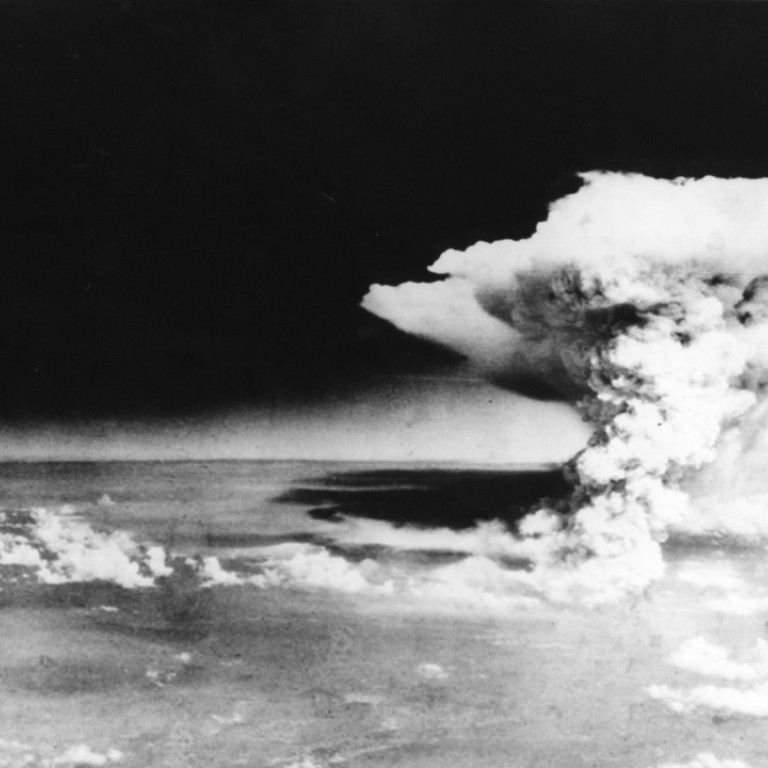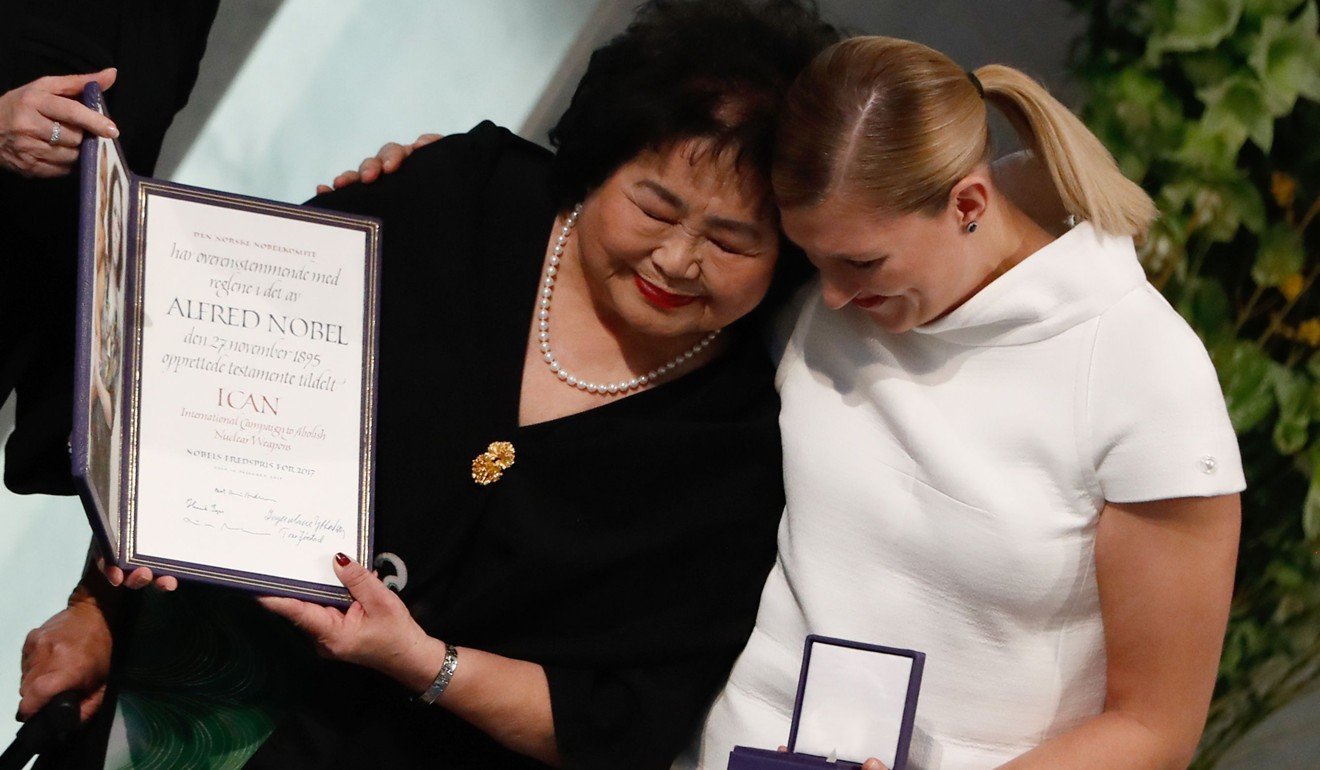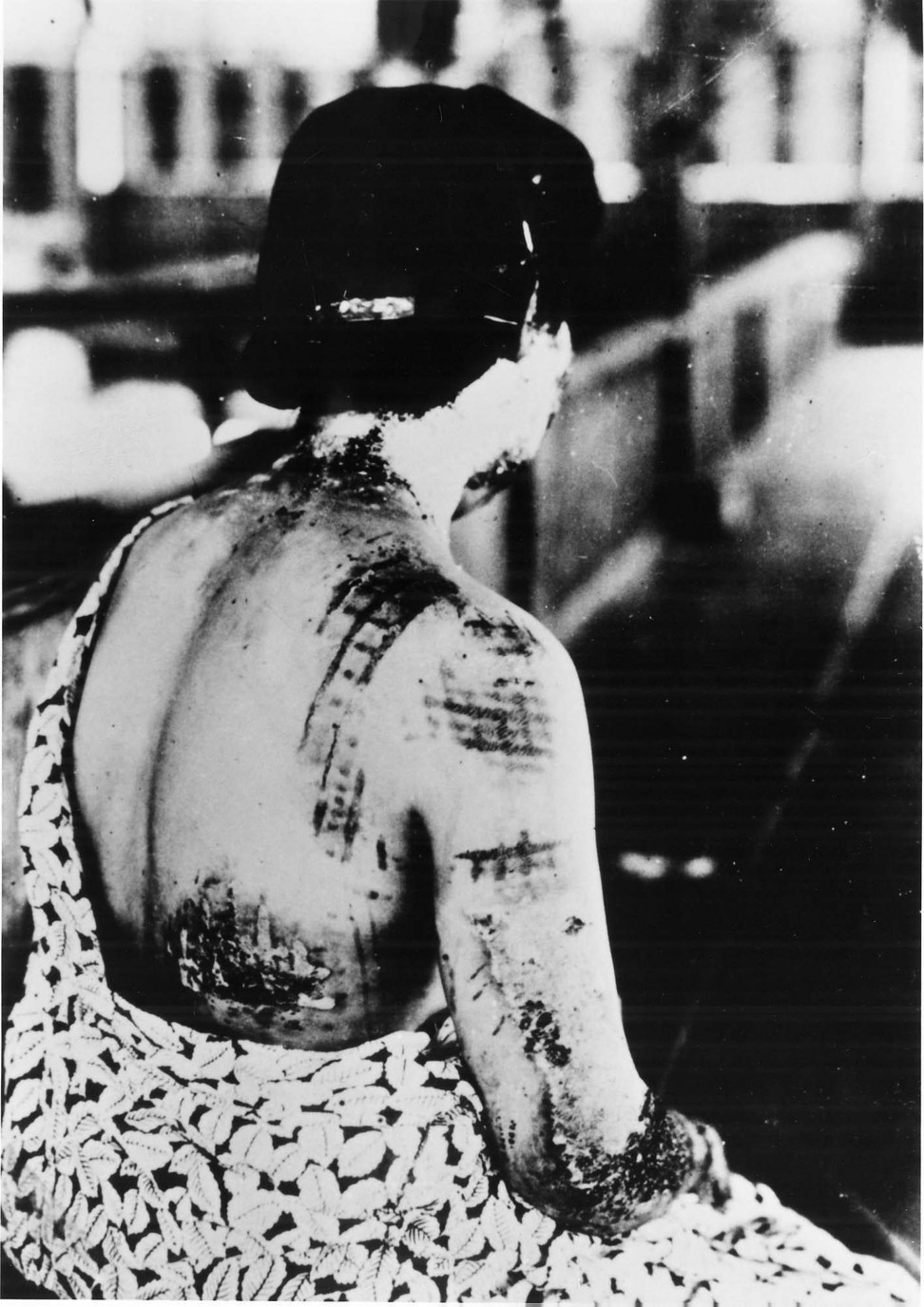
‘With one bomb, my beloved city was incinerated’: Hiroshima survivor tells why the world, not just North Korea, must give up nuclear weapons
Kevin Rafferty says the costs of a nuclear weapons exchange, and the words of Hiroshima and Nagasaki survivors, should motivate us to be rid of these weapons forever
Thurlow is a hibakusha, an atomic bomb survivor. On August 6, 1945, she was a 13-year-old girl working in a government office in Hiroshima as cheap labour. At 8.15am, she recalls, “I saw a blinding bluish-white flash from the window”. With immense effort, she emerged from the ruins of the building.
“Processions of ghostly figures shuffled by … Parts of their bodies were missing. Flesh and skin hung from their bones. Some with their eyeballs hanging in their hands. Some with their bellies burst open, their intestines hanging out … with one bomb my beloved city was obliterated. Most of its residents were civilians who were incinerated, vaporised, carbonised.”
North Korea announces it has developed a powerful H-bomb that can fit in missile warhead
Idealists would like to ban wars. Wars kill people, destroy societies, ruin economies and leave festering sores for later generations to use as an excuse for further armament.
Realists respond that war is a natural human condition, and that efforts to outlaw war are futile. How else can you get rid of tyrants? The problem is by the time of the war, the tyrant is so entrenched that digging him out creates more problems. Saddam Hussein and Muammar Gaddafi are examples.
In war rules on the rights of prisoners, the wounded and non-combatants get thrown away. Firebombs, atomic bombs, even precision drones do not choose between military and civilian, innocent and guilty any more than do battle-crazed soldiers.
20,000 South Koreans killed per day: the terrifying cost of a US war with North Korea
But the terrifying power of nuclear weapons means it is time to ban them. The most powerful nuclear weapons today are 3,000 times as powerful as the Hiroshima bomb. Imagine a bomb even 10 times as powerful as Hiroshima’s “Little Boy” dropped on a modern city. It would be the end of modern civilisation, even without retaliation. After retaliation, humanity would be dead.
A North Korean hydrogen bomb test in Pacific Ocean could bring ‘terrifying’ fallout, expert says
With an irrational Trump in office, the nuclear power of US president must be tamed

Let Thurlow have the final word: “Nine nations still threaten to incinerate entire cities, to destroy life on earth, to make our beautiful world uninhabitable for future generations … These weapons are not a necessary evil; they are the ultimate evil.”
Kevin Rafferty, a former Osaka University professor and World Bank official, is a journalist who has edited daily newspapers in 30 cities worldwide


